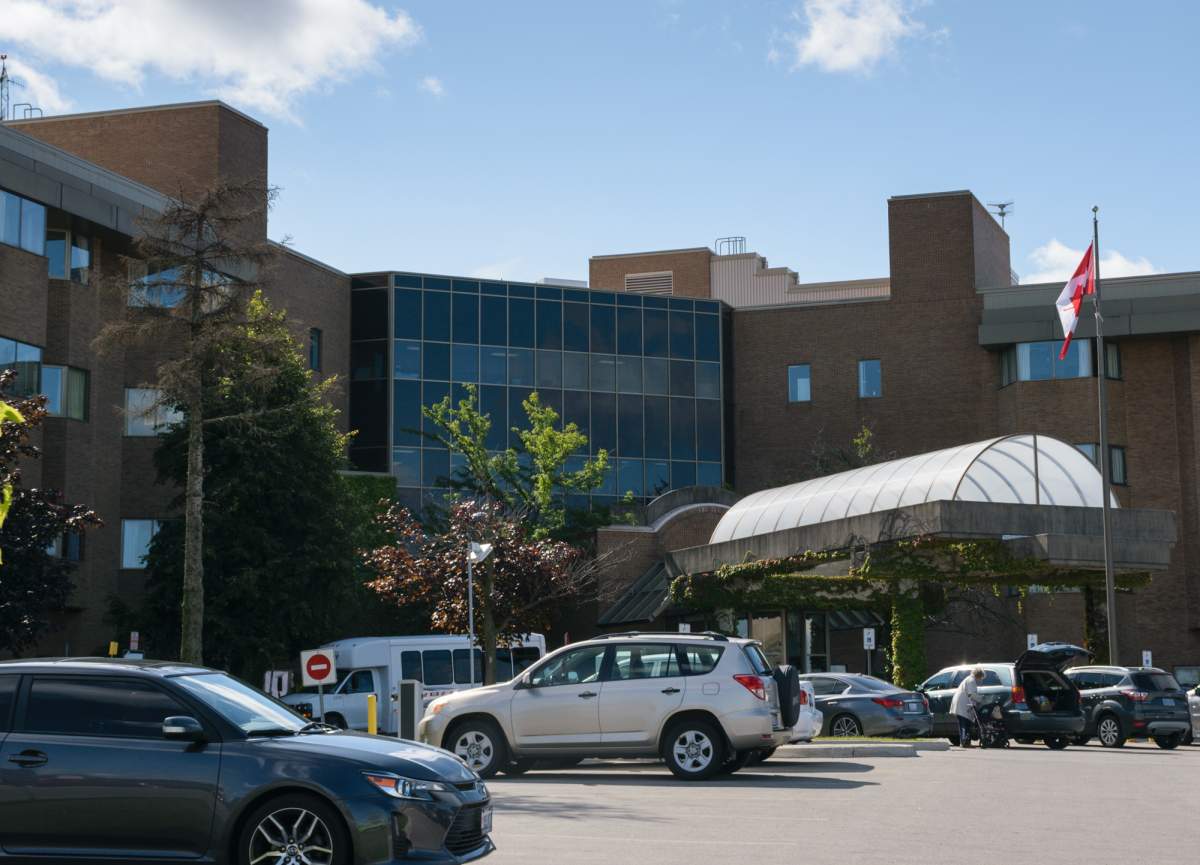A new study by researchers at Lawson Health Research Institute in London, Ont., aims to reduce the mental and physical barriers faced by those with mobility impairments when it comes physical activity and accessing activity programs.

“We all face barriers, but unfortunately people that have sustained things like spinal cord injury, brain injury, stroke or MS just have many, many barriers that we don’t really have to think of,” said Dr. Dalton Wolfe, a scientist at Parkwood Institute.
“Number one is they have impairments to mobility … so it’s actually challenging to do the exercises themselves. On top of that, there are all kinds of other health considerations or reasons”
In addition, limited transportation options and a lack of motivation can serve as barriers. “When you’re feeling more tired and just not as well, it’s really challenging to maintain an active lifestyle,” Wolfe said.
For the online study, 20 participants will take part in a 10-week virtual program, coordinated through St. Joseph’s Health Care London’s Parkwood Institute. (Lawson is the research institute of St. Joseph’s and London Health Sciences Centre).

Get weekly health news
Participants will be required to complete personal behavioural coaching and two or three physical activity programs every week, such as seated aerobics, boxercise and yoga.
“On top of that, we have some coaches that have lived experience of dealing with a disability that are also professional social workers,” Wolfe said.
“So they have expertise in living the condition as well as expertise and being able to counsel and help people overcome those barriers and towards a more active lifestyle.”
In a statement, Dr. Swati Mehta, a scientist at Lawson, said the study’s aim was to help participants “cope and learn skills to continually, actively engage in physical activity.
After the 10-week program has concluded, Wolfe says they hope to invite those interested into an ongoing program from Parkwood Institute and Lawson.
Researchers are in the process of recruiting the 20 participants needed for the study. Those looking for more information are asked to email Dr. Mehta.
— with files from Devon Peacock















Comments
Want to discuss? Please read our Commenting Policy first.